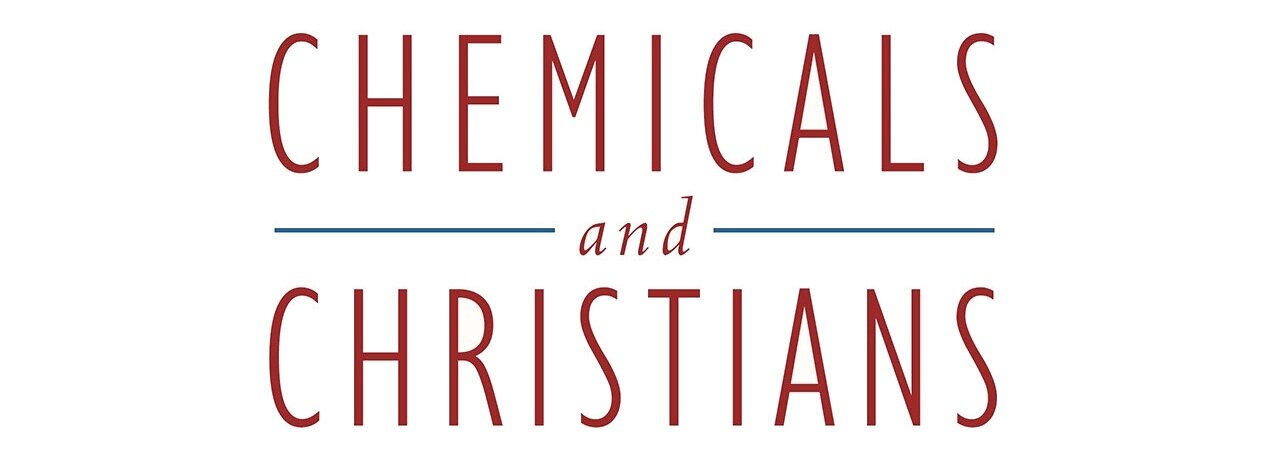I recently heard a pastor with autism talk about the challenge of trying to represent both the Christian community and the autism community and I felt his dilemma deep in my soul. I experience the same tension, with one foot in the Christian world and one foot in the world of people with chemical sensitivities. In order to speak for the chemically sensitive, and for those with other illnesses and disabilities, I have to point out blind spots in the church and talk about things the Christian community isn’t doing particularly well right now. On the other hand, my Christian faith is the foundation of my life, I truly value what the church can offer, and I want my fellow travelers to know the hope and peace that can be found there.
Several times in the past few months, people have commented to me that they think religion (and Christianity in particular) has done more harm than good. Given that, and the fact that I’ve written more posts than usual lately that are critical of the church, I thought I’d turn the tables today and briefly highlight a few tangible ways the church makes a very positive difference in the world.
Let’s start with the United States and with the impact of faith-based social initiatives. It’s not easy to fully quantify that, but a 2016 study tried. Researchers from Georgetown University and the Newseum Institute looked at the economic impact of religious congregations, institutions, and businesses and determined that the economic contribution of religion in America was $1.2 trillion, which is equal to the world's 15th largest economy.
As one of the study authors put it, “In an age where there's a growing belief that religion is not a positive for American society, adding up the numbers is a tangible reminder of the impact of religion. Every single day individuals and organizations of faith quietly serve their communities.” They noted that religious organizations ran 130,000 alcohol and drug abuse recovery programs, 121,000 programs offering support and training for the unemployed, and 94,000 programs supporting veterans and their families.
Feeding people is also something religious communities do well. A 2022 article in the journal BMC Public Health analyzed food banks in 12 states and found that 63% were faith-based operations. The article notes that many volunteers are motivated by their religious faith and warns that as America sees a decrease in religious participation we may also see less food assistance.
How about the impact of western Christians overseas? In 2012, an important study was published, which was based on 15 years of research and won awards from the American Political Science Association and the American Sociological Association. It was entitled “The Missionary Roots of Liberal Democracy,” and as the title implies, it determined that Protestant missionaries greatly influenced the rise and spread of democracy around the globe.
The study author, Robert Woodberry, notes that the effects are “quite huge.” They also seem to be dose-dependent. An article on the study says this: “The more missionaries that came, the longer they stayed, and the more freedom they had, the better the outcomes, even a century or two on. Woodberry checks these off: longer life expectancy, lower infant mortality, higher literacy and educational enrollment, more political democracy, lower corruption, higher newspaper circulation, higher civic participation, and on and on.”
We all base our perceptions on experience as well as objective data, and if you’ve felt hurt by the church, your feelings are valid and I’m sorry for your pain. There’s more to the story, though. No, the church doesn’t always do everything right, but it does a lot more right than we often give it credit for.


